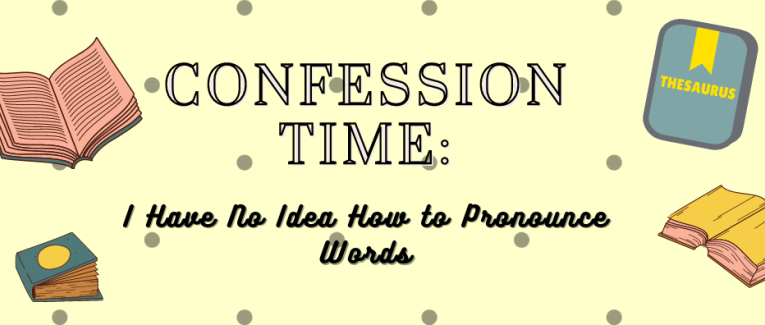
Confession Time: I Have No Idea How to Pronounce Words
 4 min
4 min
Confession Time: I Have No Idea How to Pronounce Words
"G-uoo-ch? G-a-che? Gooosh? - Me attempting to pronounce the word "gouache"
Have you ever had one of those moments when you have read a word dozens, or maybe even hundreds, of times but have no idea how to say it out loud? I am not talking about medical conditions such as dysarthria or aphasia (which prevent people from speaking properly), but those are perfect examples of words that I have never heard out loud. Without consulting a pronunciation guide, my best guess of how to pronounce those words would be dy-sarth-ria and a-phas-ia — two pronunciations I am almost certain are wrong.
Me, attempting to pronounce a new word
As a writer, most of my interactions with words are on a page. I love words, their meaning, their history, their origin, etc. When you learn a new word there is something nearly magical about the experience. Now, all of the sudden, you have access to information that did not exist before in your mind. If being able to communicate is what makes us a highly intelligent species, then learning a new word must be the highest form of that function.
A new word is like a key that opens doors you did not even know were locked before. As frequency illusion sets in, you start seeing a word over and over again — like a new friend following you throughout the day. The effect is called the Baader–Meinhof phenomenon, and of course, I have no idea how to pronounce it. On the page, I can be a mad wizard, crafting sentences that (most of the time) flow beautifully into each other. If I am using a labyrinthine term, I can be mysterious with my audience hoping that my small context clues will guide them through arcane and esoteric words they might have never read before. However, going from reading and writing a word to actually pronouncing it can be heart-breaking. It is almost like learning that your favorite book character looks nothing like what you expected when you finally see the movie adaptation — a literary form of "catfishing."
In part, I blame myself. I guess if I am going to be irresponsible and fall in love with a word, I should try to do everything possible to know more about it. After all, there are online tools that can teach a person how to pronounce a word. Nonetheless, for the most part, these tools suck. Hearing a robotic voice tell me how to pronounce a word does not leave me satisfied. What if this how the robots begin their rebellion? By fooling idiots like me into saying words the wrong way!
People who are much more educated than me will tell me that there is a simple way to learn how to pronounce a word without having to depend on robots, all I need to do is to learn phonetic orthography, the International Phonetic Alphabet, and how to use phonemes properly. If I want to learn how to pronounce the word gouache, I just need to read the IPA spelling next to the word — duh! It is a simple as reading /ɡwäSH,ɡo͞oˈäSH/, see!
In part, I also blame the English language itself. I love that I can go to almost any country in the world and communicate with people using English, but boy, as a modern society did we mess up making English the lingua franca of the world — if only there was a better language we could have used! For a long time, smart people have been complaining that English language spelling is awful! When he wasn't busy getting busy, Benjamin Franklin proposed a new phonetic spelling for words that would make it easier to read words. Imagine a world in which you can read a word and not have to guess if you are saying it correctly or sounding like a complete dummy.



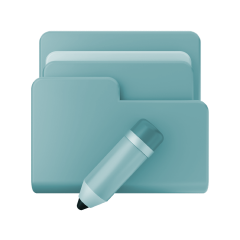
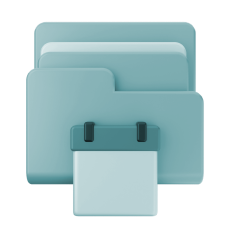

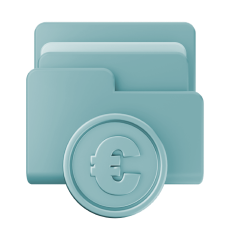


 English
English
 Français
Français
 Deutsch
Deutsch
 Italiano
Italiano
 Español
Español



 Contribuer
Contribuer





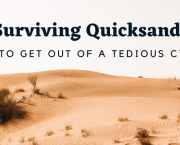


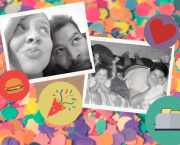
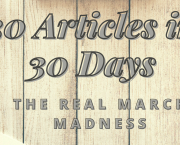
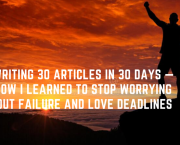

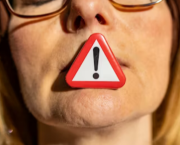

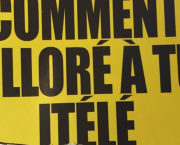
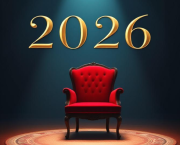

 Tu peux soutenir les auteurs qui te tiennent à coeur
Tu peux soutenir les auteurs qui te tiennent à coeur





